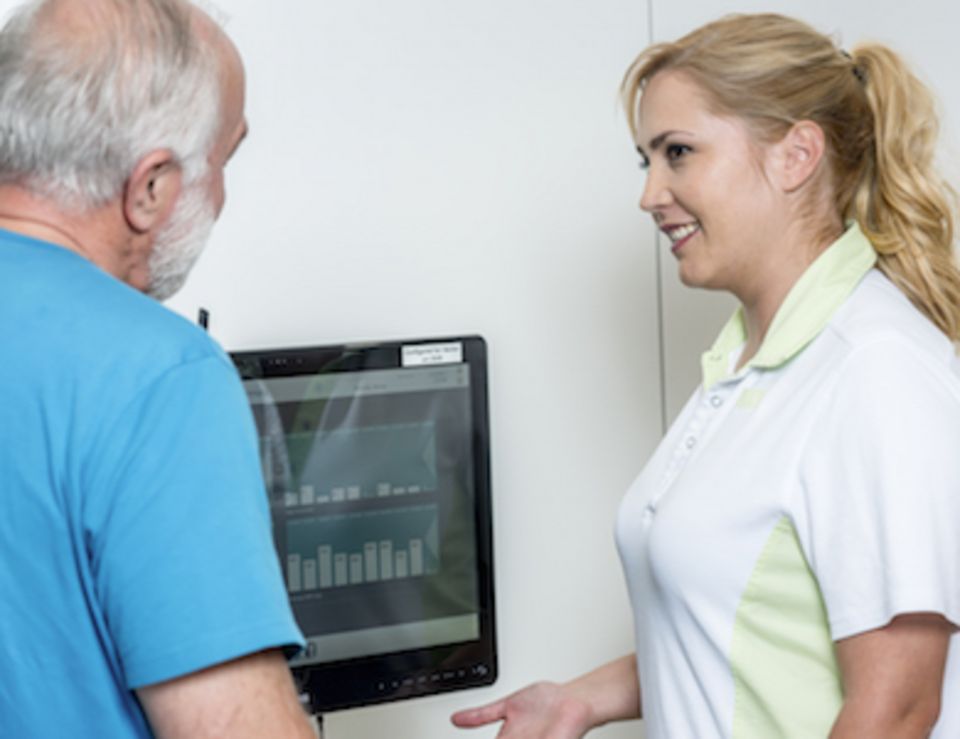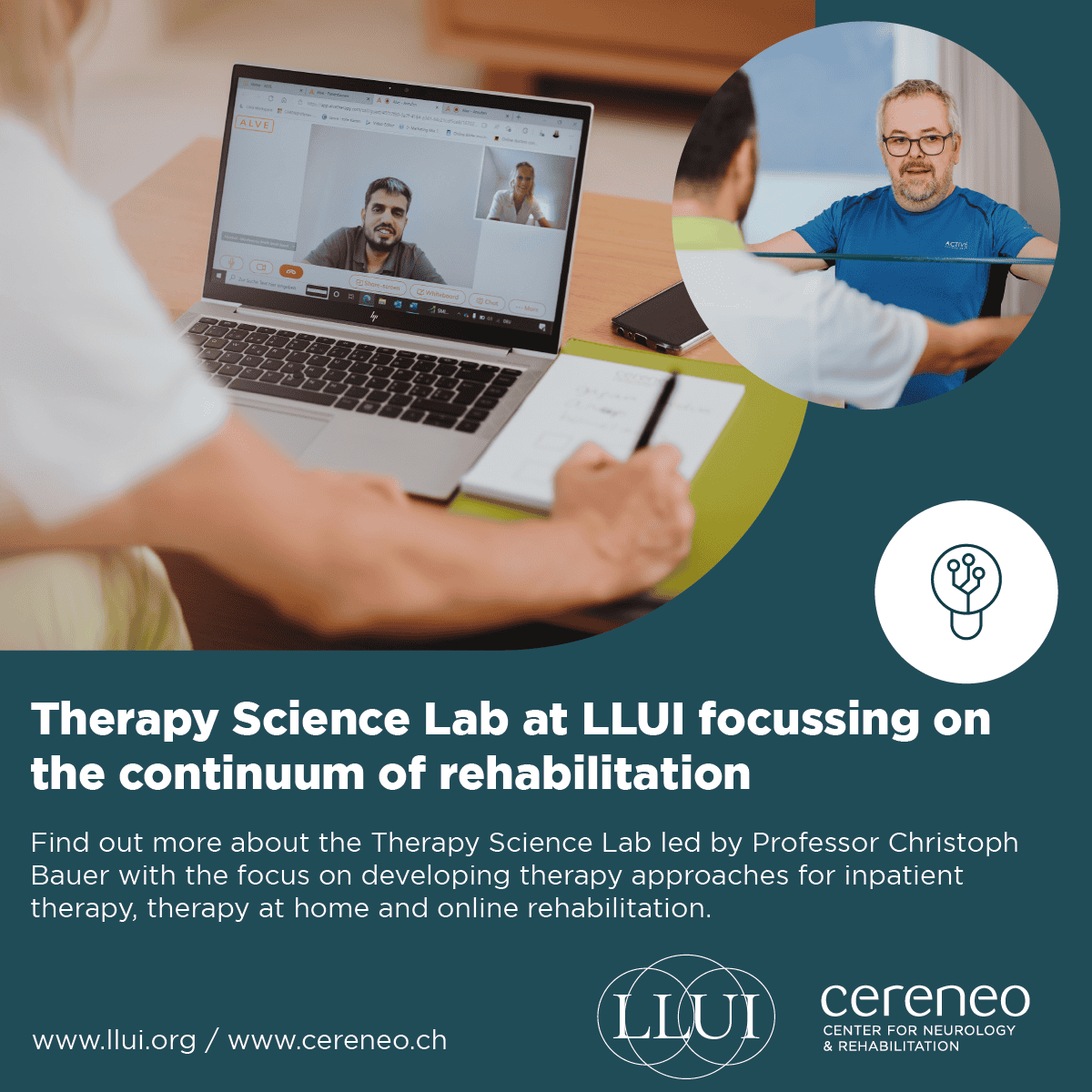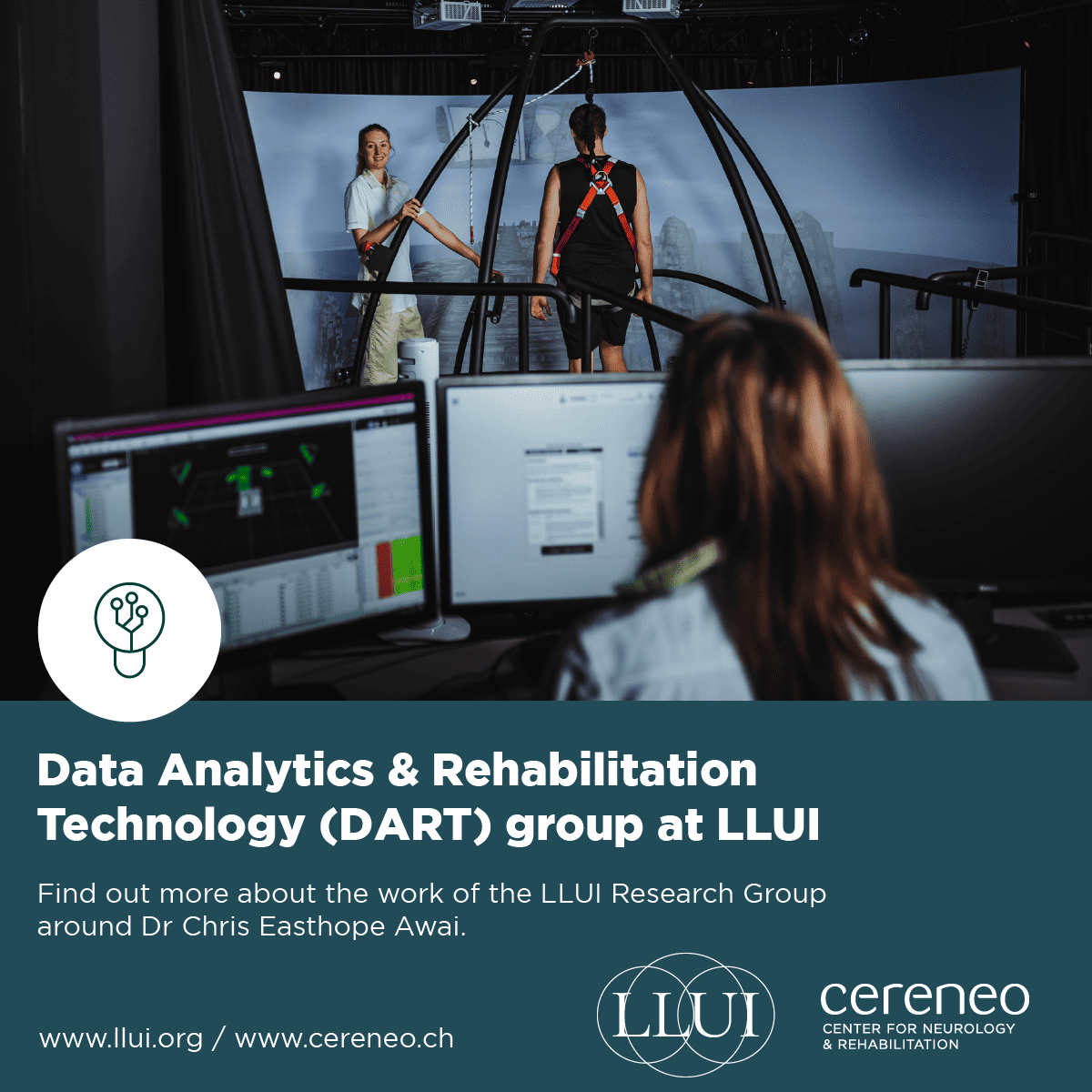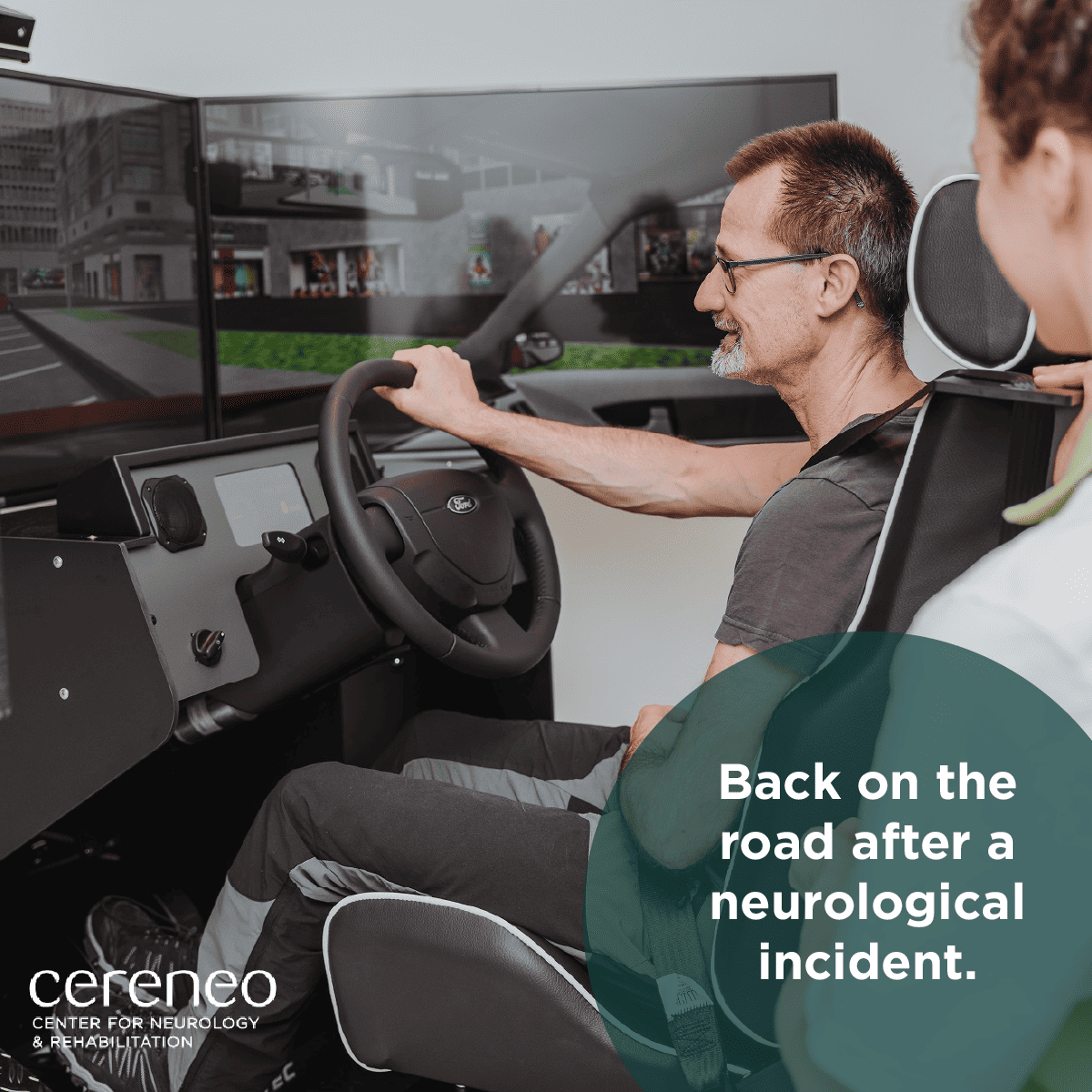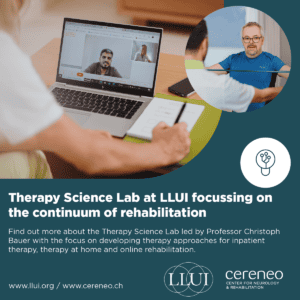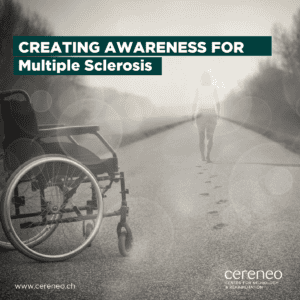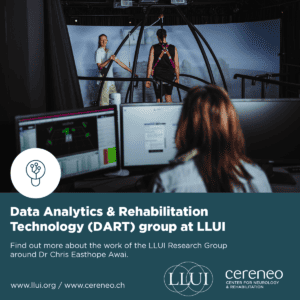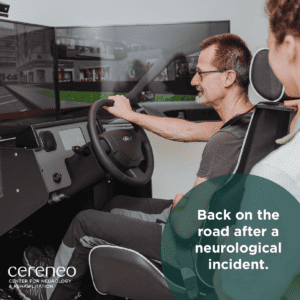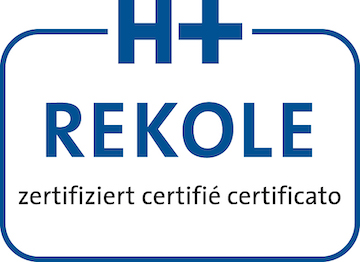«I thought that, research is for nerds – however, it’s really exciting. I do like my job very much, and that every day. For me, it offers the perfect mix of scientific thinking and clinical work.
Our goal is to accompany patients from the moment they enter the clinic until they leave the hospital returning to their homes, and — above all — to improve the transition in between. If we achieve this — that is to support and optimise that process through our research — then it will have a tremendous potential to improve rehabilitation.»

Dr. Sandra Giovanoli has a master’s degree in Biology and PhD in Behavioral Neuroscience (ETH Zurich, Switzerland). Click on the link on the bottom of this page to watch the video with Dr. Sandra Giovanoli, produced by the technology company Garmin (2018) and to hear more about why and how she – as a researcher – chose to pursue a career in neurorehabilitation.
The last interview in connection with the International Day of Women and Girls in Science on February the 11th this week, has taken place with Dr. Sandra Giovanoli. Currently working as a Scientific Coordinator and Research Scientist at the cereneo Institute for Interdisciplinary Research (cefir), she balances her time, dedication and knowledge between science and clinical neurorehabilitation.
Dr. Giovanoli applies scientific knowledge and translates these research findings into clinical practice, in order to find new ways of therapeutic delivery and validate measures in stroke rehab.
What is it like to work in neurorehabilitation research?
(Besides her clinical work, Dr. Giovanoli also works for the cereneo Institute for Interdisciplinary Research (cefir), an organisation that conducts research on neurorehabilitation.)
‘’It is the perfect place set between research and clinical practice. I still need my neuroscientific knowledge daily, but I can now have an immediate impact on patients’ life in the rehabilitation hospital and – afterwards – at home.’’
Why did you choose to pursue your scientific profession?
‘’The way of thinking and questioning (also your own work) is different to other professions. I love to work outside the area where you know things for sure. In science you constantly increase your knowledge and adapt your view according to the latest findings.’’
Do you think it’s important to encourage and support women in science & why?
‘’Having kids is certainly a difficult moment in one’s scientific career. But I guess that applies to any profession. That is where women need the most support to allow them to remain in their profession. I have found this kind of support at the cereneo foundation and for that I am very thankful.
There are already many women in my field, at least on the PhD level. Other, more technical fields need more work and more role models. It is important to encourage girls and women in science because I believe that a diverse team is a stronger team.’’
Education:
— PhD in Behavioral Neuroscience (ETH Zurich, Switzerland).
— Master of Science in Biology: focus on Neuroscience (ETH Zurich, Switzerland).
— Bachelor of Science in Biology (ETH Zurich, Switzerland).
